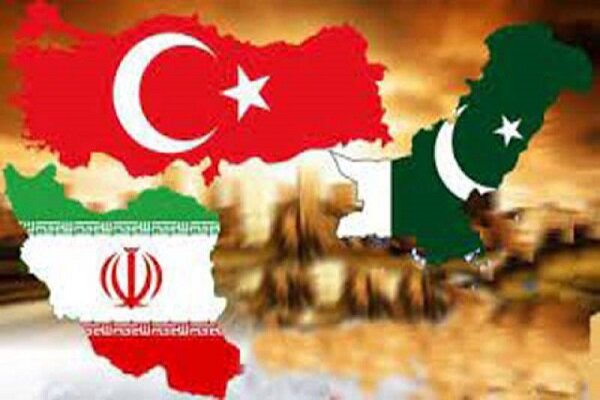The Islamabad-Tehran-Istanbul Road Transport Corridor is poised to revolutionize regional trade, bolstering ties among Pakistan, Iran, Turkey, and China through the Belt and Road Initiative (BRI), said the President of the Pakistan China Joint Chamber of Commerce and Industry (PCJCCI), Moazzam Ghurki, during a high-powered think-tank meeting focused on the tripartite trade relationship between Pakistan, Turkey, and China, according to a report by the Pakistani daily English-language newspaper The Express Tribune.
Ghurki underscored that China-Pakistan Economic Corridor (CPEC) and the BRI projects have breathed new life into these alliances, creating an avenue of opportunities for both Turkey and Pakistan. “Turkey’s exports to China will find a streamlined path through Pakistan, ushering goods efficiently towards Chinese markets,” he announced.
Fang Yulong, the Senior Vice President of PCJCCI, echoed the sentiments, noting that Turkish investments in Pakistan have surpassed a staggering $1 billion. Their strategic partnership spans multifarious sectors including science, technology, defense, tourism, education, and health, as highlighted by the recently signed Strategic Economic Framework agreement.
Hamza Khalid, Vice President of PCJCCI, urged Pakistan to strategically recalibrate its priorities in consonance with its dynamic bilateral equation with Turkey. He called attention to ongoing collaborative initiatives such as the Trans-Afghan Railway project, CASA-1000, and the TAPI gas pipeline that could significantly elevate Pakistan’s connectivity with Western Asia and Europe.
Salahuddin Hanif, Secretary General of PCJCCI, highlighted the geopolitical implications of Pakistan’s economic challenges, emphasizing that they extend beyond domestic boundaries. The challenge, he said, lies in orchestrating international relations that align with economic objectives without compromising the scope of China’s regional development program.
SKH/PR

























Your Comment